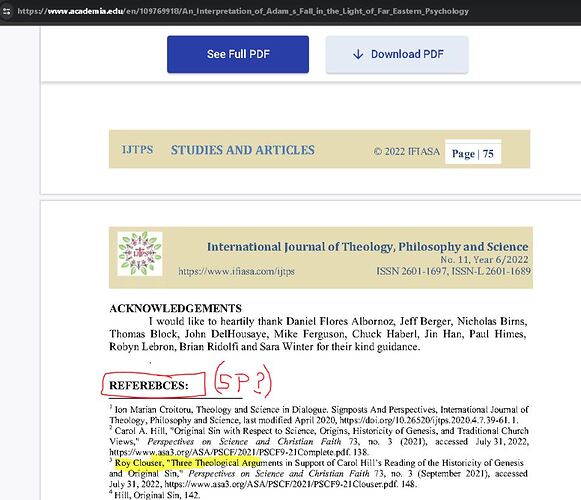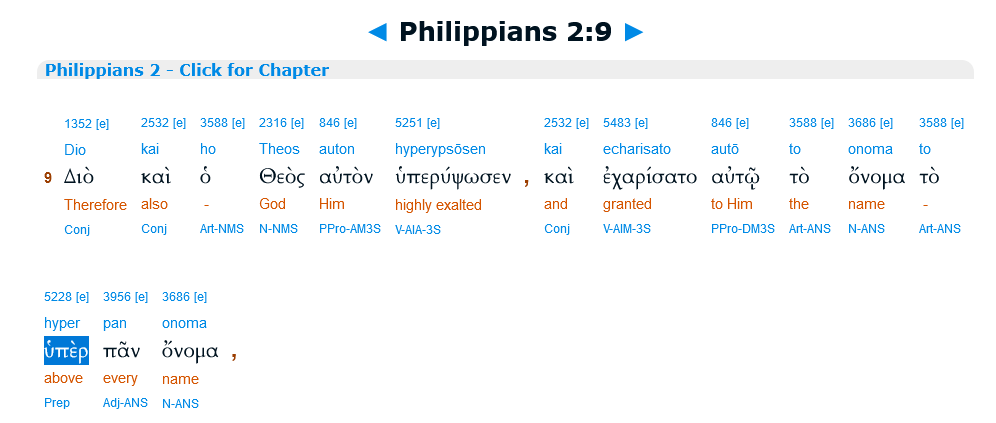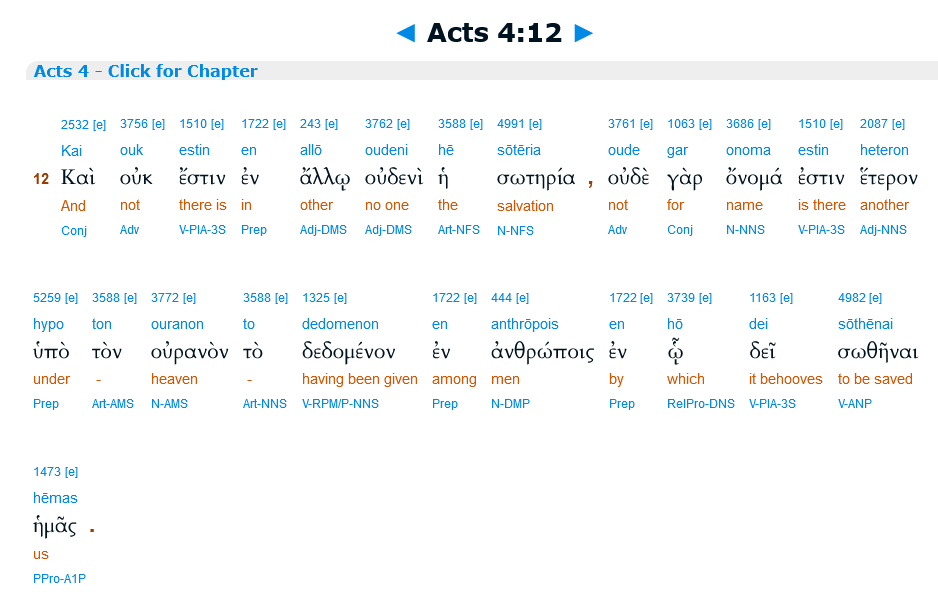Sad, truly,
I never heard of Benjamin J. Noonan.
I looked up Benjamin J. Noonan and looked at this; he’s at Academia.
Hey look at this:
@RoyC I learn from others who research and I share. I notice you have a full thread dedicated to your research and were able to share, with in your researching do you know anything about borrowing words? Egyptian loanwords in the Torah?
@RoyC @bharatjj @Alice_Linsley What all do you know about Egyptian loanwords in the Torah?
I allow Allah, the name Jesus used, as this word Allah was a borrowed word from where, to teach me in the midst of my thoughts and emotions. @Randy
What was the borrowed word Jesus call his Father? Was the name Allah, or what name?
EL means what borrowed word? Israel is RA EL. How did this borrowed word go from RA to EL? Israel means to wrestle with God’s angel. Israel Jacob What are the borrowed words from, where, and how?
Keep in mind that I’m learning and only sharing.
With regard to Tamil words in the Old Testament, they prove that the Hebrews/Israelites never lived in India: the only Tamil loan words are names for items carried by merchants in trade, items for which there was no word in Hebrew. If the Israelites had ever lived in India, the loan words would be from across the linguistic spectrum, but when words only refer to trade items that demonstrates that the relationship is long-distance.
Nothing. Sorry!
It’s called borrow loanwords. I mistaken saying borrow words.
@RoyC @bharatjj would any of this show any borrow loan-words, because how did language evolve and @bharatjj you read @RoyC book. And @RoyC you’re in @bharatjj article in the reference area.
@RoyC you wrote in thread.
In the book I show that it’s true not only of Judaism, Christianity, & Islam but also Hinduism, Buddhism, and Taoism, and dozens of ancient religions and tribal religions.
From here in this thread.
@RoyC your writing @bharatjj reference in his article
@RoyC article
@bharatjj article
I screenshot to show you. I highlighted in yellow.
So I was curious what you know too about loanwords.
Lately I’ve been learning about new kingdom. That actually Israel is of Egypt land. Because Egypt land increased. Israel is actually still Egypt land because when leaving Egypt, the land increased, the Levant - new Kingdom. If I’m understanding correctly.
@St.Roymond I google search
Is Tamil a dead language?
Many believe that Tamil dates back to 2500 BC. It is still a very popular language, and many people speak it across various areas. It is also one of the official language in Singapore, Sri Lanka.
I’m more familiar with Yadavas learning from @bharatjj I hope @RoyC will share too.
Recently I’ve been learning about KMT new kingdom and how the words of RA to EL.
People rode on elephants, donkeys, and also horses?
Did monkeys travel with them too?
I challenge you to answer this: Noonan says 0.64% borrowings took place in Exodus and Wilderness periods. This means that there was no borrowing in the Genesis period of 400 years when the Hebrews were in Egypt. It follows that they were never in Egypt.
I would like to quote: “Let your conversation be always full of grace, seasoned with salt, so that you may know how to answer everyone.” -Colossians 4:6
- Sweet words from someone who insults reason and seeks to undermine Christian faith and to replace Jesus of Nazareth with a “series” or “line of messiahs”, as evidence whereof I submit Jesus was one in the line of Messiahs.
- In that video, you base your self-acknowledged “reinterpretation” of ὑπὲρ (in Philippians 2:9 “Therefore God exalted him to the highest place and gave him the name that is above every name,…”
from **the English word “above” to “for” or “belonging to everybody”
and your self-acknowledged “reinterpretation” of ἕτερον in Acts 4:12:
from “other” to “one of a series”.
- Having so cleverly “reinterpreted” two Greek words, you think that everybody interested in the meaning of those two words, should join all the others who like your reinterpretations and praise your version of Jesus as “one of many messiahs”.
- And I can only say: “When pigs fly.”
Fight the challenge
- Avoid the truth.
Where did you come up with no borrowing in Genesis?.
From Noonan, Non-Semitic Loanwords in the Hebrew Bible , pg 240-242
As we say around here, put this in your pipe and smoke it.
No, it doesn’t – it means that the material he studied was from the Exodus and Wilderness periods. Do you know why?
It appears to me that you have no understanding of scholarship as done with ancient literature. You really ought to correct that.
“Cleverly” . . . yeah, if mowing a lawn with a helicopter turned upside down is “clever”.
I admit I have not seen this work of Noonan. Yet, why the vast majority in Exodus; and not in Abraham’s first visit and Joseph to Moses?
Let us distinguish loanwords in common names and proper names. I think you would agree that common names can “fly in the air” while proper names point to a specific person and less likely to fly. Without denying 1.19% borrowing in Joseph narrative, I give a list of 22 proper Hindu names borrowed into the Bible IN THE SAME SEQUENCE. So let us assess all the evidence dispassionately.
The first name although not of a person is of the creative power of Elohim is expressed in the Hebrew stem B-r-. The same stem B-r-is found in the Hindu name Brahman for the impersonal God although the names Elohim and Brahman are very different but the embedded meaning of the creative power in the stem B-r- are similar. Hence we consider them to be similar.
The second name is that of Adam, Adam was the first man in the Biblical tradition is parallel to Swayambhu Manu Swayam means “self” and Manu means “man” so self man means is self created man. Therefore, the embedded meaning of Adam as the first man and Swayambhu Manu as the self created person are parallel.
The third name is that of Eve and her parallel Shatarupa. The word Eve means “life or living” Now Shatarupa was the wife of Swayambhu Manu and her second name is Tanu and the name Tanu Krit means made by Tanu means “preserving life”. Therefore, a person who preserves life is Tanu Therefore, we find that the embedded meaning of Eve as life and Shatarupa or Tanu as preserving life are parallel.
The fourth name is that of Cain in the Biblical tradition and his parallel Indra in the Hindu tradition. The word Cain is derived from the Hebrew word “Qayin” which means spear and Indra’s weapon was a spear. Therefore, even though the names Cain and Indra are dissimilar but the meaning of Cain and Indra is both spear and therefore we consider them to be parallel.
The fifth name is Biblical Abel and Hindu Vritra who was killed by Cain or Indra. The word Abel is derived from the Hebrew word “Hebel” which means “vapour or breath” the word Vritra is itself not similar with Abel However, Vritra was a person who had enclosed the waters the Rig Veda says “O Indra , you Smotest Vritra… Let these life fostering waters flow” (Rig Veda 1:80:4). Now, Indra killed Vritra and let the water flow it indicates an association of waters with Vritra perhaps Vritra had stopped or enclosed the waters in the reservoir but the association with water is very clear. So, we find that Abel means vapour or water and Vritra had enclosed the waters. Therefore, we consider this to be parallel.
The sixth name is Noah and is parallel Vaivaswat Manu. Noah is written as Noach which is then also written as Manowach. Now, Manowach and Manu have both the same two measure consonants M and N. Therefore, we consider the name Noach or Manu to be parallel to Manu we may mention here that we do not find parallel to the names Ham Shem and Japheth in the Hindu tradition. So this is a case of silence there is no contradiction in names just as those persons are not mentioned in the Hindu tradition.
The seventh name is Biblical Arphaxad and Hindu Ikshwaku as you can see in this slide “A” is similar to “I”, “X” is similar to “Ksh” and “A” again is parallel to “A” . So, “A x a” or “I k s h a” are parallel and therefore we consider this name to be parallel as well.
The eighth name is that of Selach and his parallel Prithu. Selach means “to sprout” “to grow” and Prithu said to have milked the serials from the earth so how would you make the serial without making them sprout. Therefore, we consider the embedded meaning of these two names to be similar is that of other and his parallel Sagar in the Hindu tradition about means “the region beyond” where as Sagar it is said that he expanded the ocean the Valmiki Ramayana has a story where in Hanuman wanted to cross the sea then the sea self introduce himself that I have been expanded by Sagar. Therefore, expansion of the area is the common invaded meaning.
The tenth name is that of Biblical Peleg and his Hindu counterpart Bhagirath. Peleg means “channel”, as if water is flowing in the channel and according to the Ramayana Bhagirath brought the Ganga from the hills and divided the water into seven channels so the channel is the common embedded meaning.
The eleventh name is Biblical Reu and his parallel Hindu Raghu both have the same common sounds R and U
The twelfth is Biblical Serug and his parallel Hindu Shighrag again we have parallel sounds S, R and G
The thirteenth is Biblical Nahor and his counterpart in the Hindu tradition is Nahusa so the common sounds are N and H
The fourteenth is Biblical Terah and his counterpart in the Hindu tradition the Dasaratha the common sounds are T or D followed by R and H.
The fifteenth name is Biblical Abraham who was earlier known as AbRam and his parallel in the Hindu tradition is ofcourse Ram. So, Ram is the common name and we must know that the prefix “Ab” means father so AbRam means father Ram which is same as Ram in the Hindu tradition.
The sixteenth name is Biblical Sarah and her counterpart Hindu Sita here we find common sounds S and A However, the middle sound R and T are different. So we consider this to be half a similarity.
The seventeenth name is that of Haran brother of Abraham in the Biblical tradition and this word means “mountaineer” his counterpart is Bharata in the Hindu tradition which also means mountaineer.
The eighteenth name is Biblical Lot and he is parallel to Hindu Lakshmana here the beginning sounds L are common however rest is not common so we consider this to be half similar.
The nineteenth name is Moses father Amram and is parallel Krishna’s father Vasudeva the name Amram means “exalted people” where is Vasudeva has two parts the first part Vasu means excellent, good, beneficent and Deva means God. So Vasudeva means excellent God which is similar to exalted people hence we considered this to be parallel.
The twentieth name is Moses mother Jochebed and her parallel Devaki mother of Krishna. Jochebed is derived from Jehovah or God and Jochebed means “Jehovah is glory” where is Devaki is daughter of Devaka and Devaka means “divine or celestial”. So Devaki means daughter of the divine or celestial which is parallel to Jochebed meaning Jehovah is glory.
The twenty-first name is Moses and is parallel Krishna. Moses skin was dark at one time when Moses was at Mount Sinai God wanted to show his powers to him and he asked Moses to put his hand inside is cloak, and it is said that is hand became white then God again converted its normal color. So the skin becoming white means that the skin was not white before it became white which means it was dark.Therefore, we can say that the word Moses has a connection with darkness and the name Krishna directly means black, dark or dark blue.
The last twenty-second name in the Bible is Aaron and this is parallel to Hindu Balarama both have the common syllables A, R and N or M. In this way out of the twentytwo names which we find in both the traditions twenty are parallel and two are half parallel.
I intervened in this thread on the basis of the particular paper of Noonan that was put forth as a proof of Egyptian origins. As far as that paper is concerned it establishes that Hebrews borrowed after the Exodus and not before. I have replied to Bill on the loanwards in Joseph narrative.
So you don’t know why.
And you claim to be a researcher?
Nope. You really need to learn how scholarship works.
Not in any real sense you didn’t, you just re-posted the same ludicrous fantasy from before.
Prophetic statements like yours not backed by evidence are not scholarship. As for my scholarship I have backed every statement with logic. You are running away from serious debate. That shows. I very much doubt that Jesus used such abuses for his opponents. His message was to love your detractors. He was not an Inquisitor.
See Egyptian Proper Names and Loanwords in North-West Semitic by Muchiki. Available via Google Scholar. You will see there are many proper names that are Egyptian in origin.
And Noonan says this in his book. Which explains why you don’t find proper names in his study.
You have no evidence except for the way you wave your hand around and squint your eyes saying, “See they are the same.”
And starting with Elohim, how do you consider the two gods “similar” when one is a very personal creative power and the other is “impersonal”. That isn’t a good start to your list.
Edit to add:
Given almost all religions have a name for god does this mean all religions are the same?
And for Cain
So can you come up with a way to make Indra mean “acquire”?
So the 3 men from whom the entire world descended are not worth a mention in the Hindu tradition? Strange.
I won’t bother continuing. This is old ground which we have covered before.
@moderators, IMO, this dead horse can be buried too.


